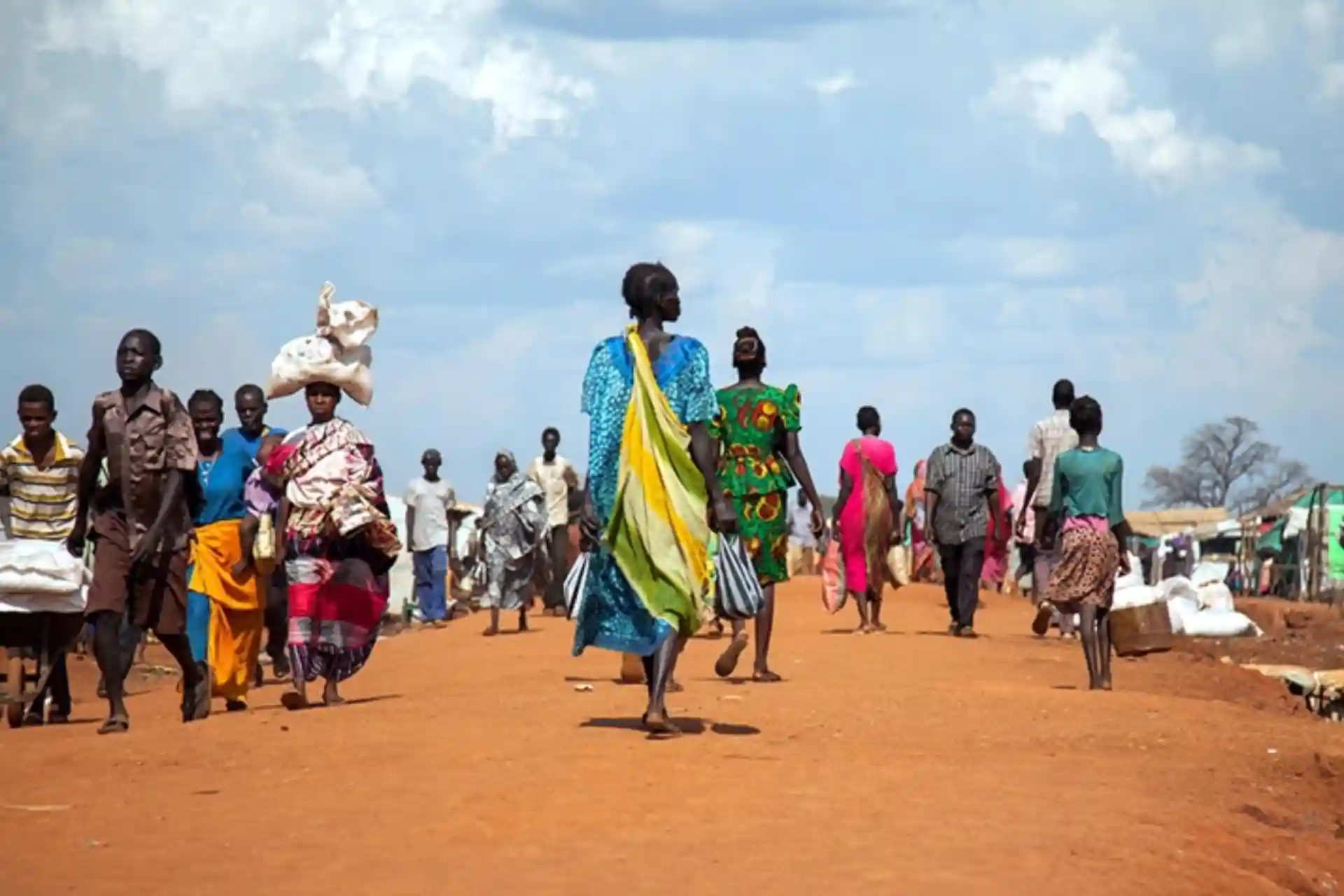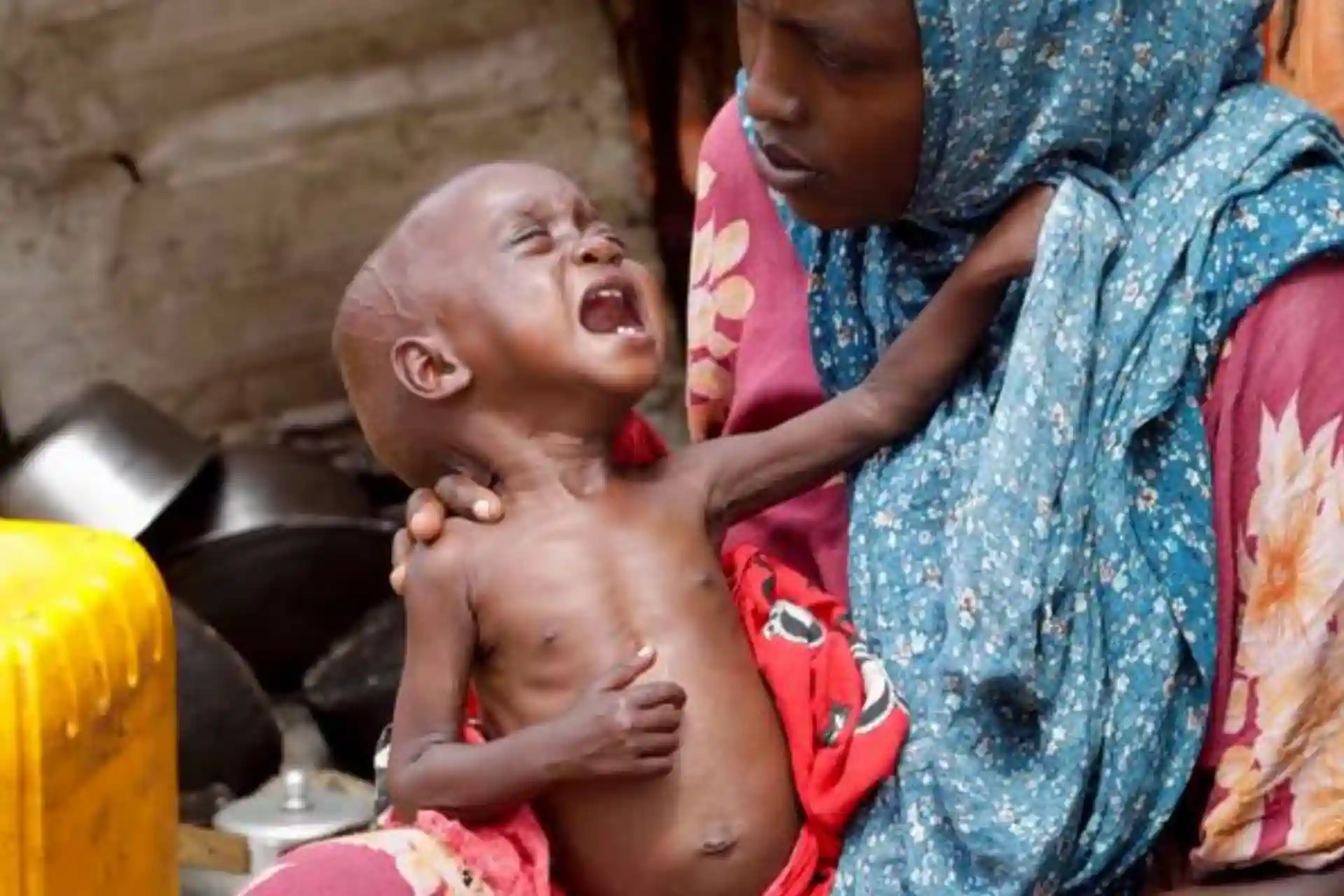UN: 23 million people in Sudan do not have enough to eat
At least 16,000 people have been killed and more than 7.2 million displaced in Sudan's 15-month-old conflict between the government army and the paramilitary Rapid Action Forces. Also, 23 million people are undernourished, and 750,000 people are on the verge of starvation.
The UN is funding just 30 percent of the $2.7 billion annual plan needed to address the situation in Sudan.
In Sudan, 23 million people do not have enough food, 750 thousand people are on the verge of starvation. This was stated by UN representative Stephane Dujarric at the daily briefing held in New York on Tuesday, July 23.
He said the people of Sudan are facing a "worst case scenario".
Dujarric reported that only 30 percent of the $2.7 billion needed annually for the humanitarian plan in Sudan is being funded. According to him, 23 million people in Sudan do not have enough food, which is the size of the population of Australia.
Dujarric said another 750,000 people in the country are on the brink of starvation, and the situation will worsen with the arrival of the rainy season.
Sudan is facing the world's largest displacement and hunger crisis
The 15-month-old conflict between the Sudanese army and the paramilitary Rapid Action Force has created the world's largest displacement and famine crisis.
The number of people killed as a result of the conflict in Sudan today is estimated at 16,000 people. However, due to the collapse of the health care system, this number is believed to be much higher.
According to the UN International Organization for Migration (IOM), 7 million 200 thousand 119 people have left their homes since April 2023, when the fighting in Sudan began.
According to the United Nations Children's Fund (UNICEF), Sudan is the country with the largest number of displaced children in the world - 5 million.
Director-General of the World Health Organization (WHO), Tedros Adhanom Ghebreyesus, said that one in five people in civil war-torn Sudan is experiencing emergency-level food insecurity.



